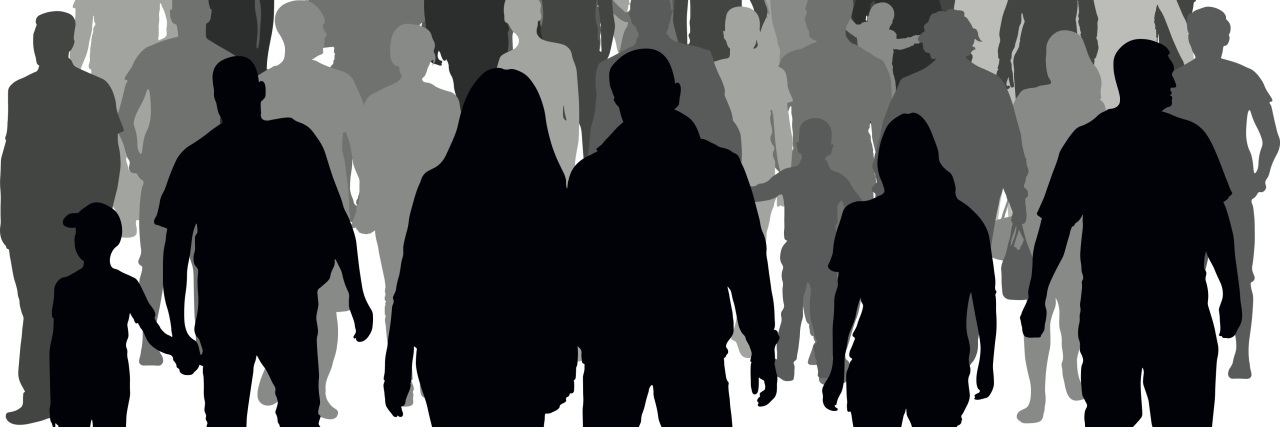Rare disease advocacy, as it exists today, is a growing movement that was built over generations and decades of persistence and a refusal to accept the status quo.
When we think of the progress made with sickle cell disease, Duchenne muscular dystrophy, even severe combined immunodeficiency (my own condition), we must look at the individuals who make up these communities, and the losses we’ve all experienced on the rocky paths to treatments and cures.
In my own disease community, we’ve said goodbye to almost a handful of beautiful souls (both babies and young adults) this year, and we’re only two months into 2019. It rips your heart out each time. No one becomes numb to it. It’s devastating. We never forget the humanity of each loss – they’re people’s children, grandchildren, siblings, friends and partners. They provided a hand to hold or a smile when days were challenging. They made their loved ones laugh. They were a source of hope – the cornerstone of everything “rare.”
Perhaps most heartbreaking of all is that our community is so close to a possible cure, but with rare disease you’re forced to come to terms with not being able to make sense of what happens in life. We all have to live with the desperate frustration of not knowing. In the “world of rare,” there will always be more questions than answers. There will be times of deafening silence, when medical professionals toss their hands up in the air with nothing left to give.
You might wonder how we recover from such losses because every rare disease community has certainly experienced them. You might question how we’re able to constantly live in the gray area when it comes to our health.
There’s something about being labeled as “rare” – even the term itself elicits isolating imagery. You find yourself shut out from the medical field and sometimes even by society. So when the moment you’re able to find your “tribe” presents itself, you cling close and form unbreakable bonds. I’ve met parents and fellow rare warriors who, despite their own personal losses (some have even lost multiple children or multiple family members) continue to return, continue to share their knowledge with the newly diagnosed, and continue, despite their grief and heartache, to support the members of their tribe regardless of the hour, day or night.
I’ve seen a fiery spark in friends with rare terminal illnesses who know they might not live to see the fruits of their labor, but choose to dedicate every waking moment and breath to advocacy and helping to ensure a brighter, easier future for the millions around the world who will be diagnosed with a rare disease. Some conduct their own research. They’re in the lab. They’re traveling constantly to present research and share personal stories, expected to be the voice of many patients and families who are not at the table. They’re tirelessly organizing. They care because they know how difficult it can be to tread these paths alone.
And really, that’s how we all continue on — because we have each other, and because we care.
So I’d be remiss if I didn’t recognize that we carry each and every loss we experience in our communities. Every time we step into a room to advocate and raise our voice, our loved ones who are no longer with us suddenly fill the room too. Those who lived with even fewer answers than we do today have laid the foundation for the discoveries to come.
To everyone recognizing World Rare Disease Day, I hope this a day of community, advocacy, and healing. We are taking with us the memories of those who gave their lives to research, who struggled without ever receiving a name for their ailments or disability, who just missed out on life-saving treatments. Because of them, we are here today – and doesn’t the future look brighter than ever.
We’re on the horizon of groundbreaking treatments like gene therapies, CRISPR and precision medicine. It’s true — care will quickly evolve, becoming more individualized. We’ll be treated as unique individuals in the medical field – as we should be.
But let us never lose our sense of community, because indeed it’s the only thing that has and will continue to hold us together as we walk through the gray, nebulous area with rare disease.

